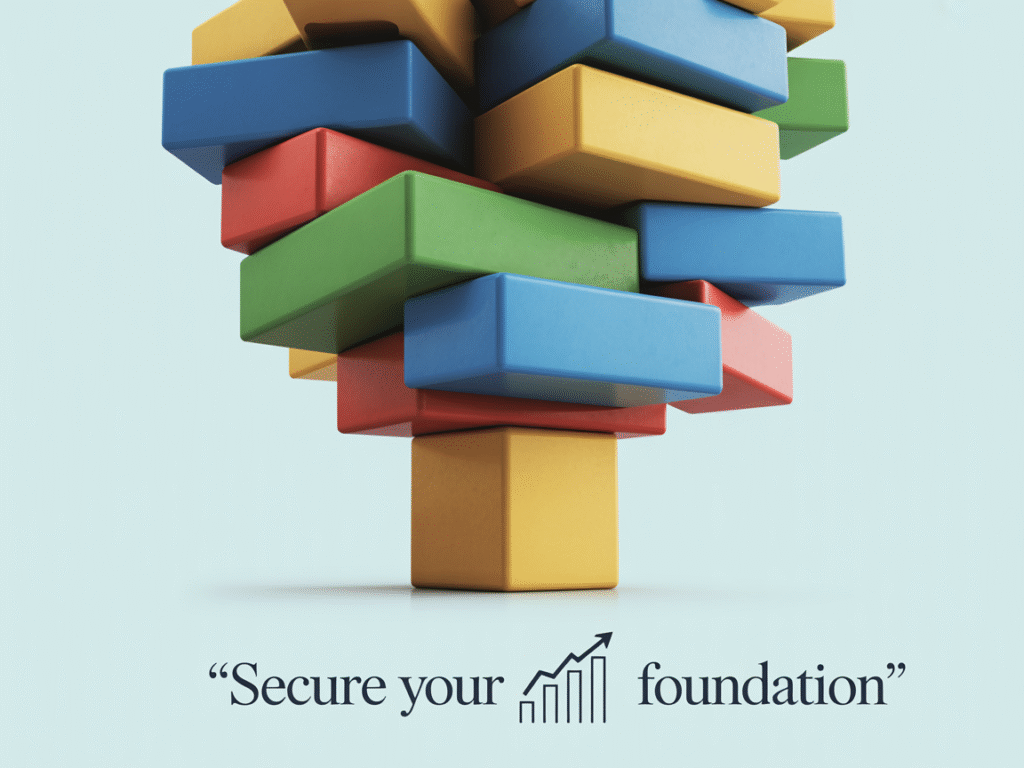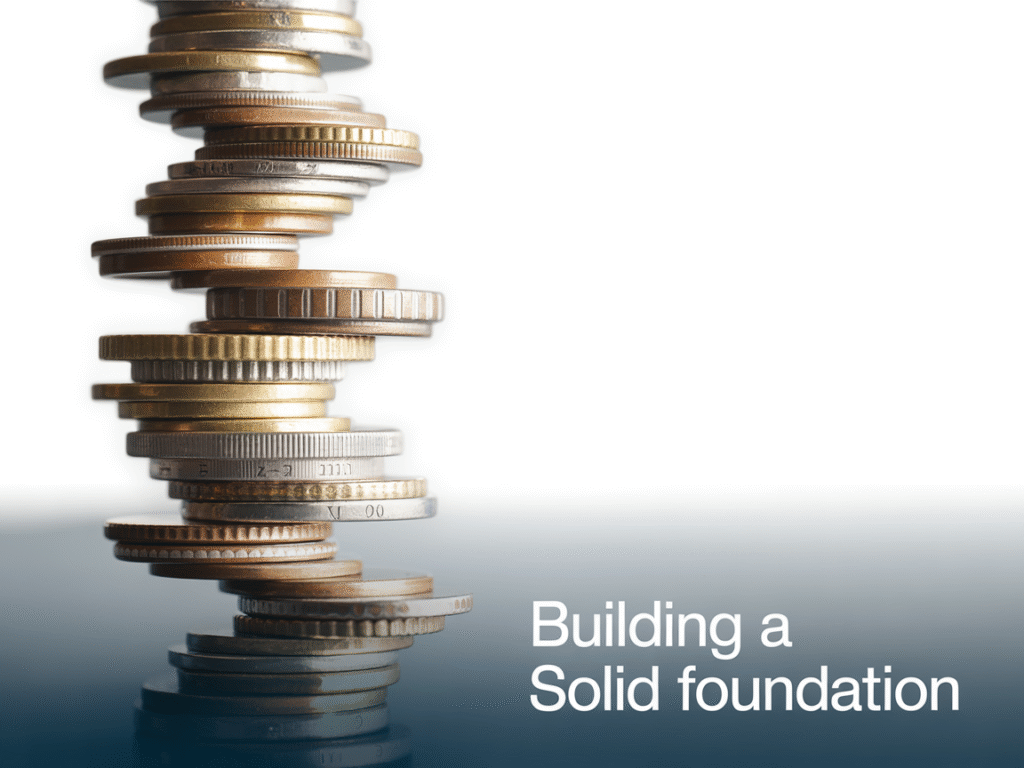
Hey, I get it — managing money can feel like walking a tightrope sometimes. You’re juggling bills, saving a bit here and there, trying to make sense of investments, and honestly, it’s easy to mess up along the way. The truth is, most of us have made some financial mistakes at some point — and that’s okay.
The good news? You don’t have to keep repeating those mistakes year after year. I want to share some of the most common financial blunders people make, and more importantly, how you can sidestep them this year. No fancy jargon, no pressure — just straightforward advice from someone who’s been there.
Mistake #1: Ignoring Your Budget (Or Not Having One)
Look, budgets get a bad rap. People think they’re restrictive or boring, but honestly, a budget is just a tool to help you keep track of where your money goes.
I had a friend, Lisa, who always said “I don’t need a budget.” But when she finally sat down and wrote out her expenses, she realized she was spending way more on daily takeout and subscriptions than she thought. Once she made a simple plan — nothing fancy, just listing income and expenses — she found extra cash to start saving.
Ojo con esto: Use apps like Mint or You Need A Budget (YNAB) to make budgeting less painful. And remember, budgets are flexible — they help, not punish.
Mistake #2: Living Paycheck to Paycheck Without an Emergency Fund
This one’s a classic. Life’s unpredictable — cars break down, medical bills pop up, or sometimes you just need a little breathing room. Without an emergency fund, even small surprises can cause big stress.
Take Mark, a guy I know who used to live paycheck to paycheck. Then one day his water heater died. Without savings, he had to use a credit card and got hit with interest that kept piling up. Now he’s been working on building a 3-6 month emergency fund, slowly but surely.
Te lo digo por experiencia: Start small. Even $20 a week adds up. Keep it in a high-yield savings account so your money isn’t just sitting there doing nothing.
Mistake #3: Racking Up Credit Card Debt and Paying Minimums
Credit cards are convenient, but they can be sneaky traps if you’re not careful. Paying just the minimum balance? That’s basically throwing your money out the window with interest.
My cousin Sarah was drowning in credit card debt because she never paid more than the minimum. It took years to get out of it, but once she made a plan to tackle the highest-interest card first, things started improving.
Ojo con esto: If you have credit card debt, pay as much as you can above the minimum. Consider using the “debt avalanche” method (paying highest interest rate first) or the “snowball” method (paying smallest debts first to gain momentum). Apps like Debt Payoff Planner can help you stay on track.
Mistake #4: Not Investing Because You Think It’s Too Risky or Complicated
I meet lots of people who say, “Investing’s not for me — it’s too complicated or risky.” But here’s the thing: not investing might be riskier for your future.
Take Carlos, who was skeptical at first but started putting $50 a month into a low-cost index fund through an app like Fidelity or Vanguard. Years later, that small amount grew into a decent nest egg — way better than just letting money sit in a checking account.
Te lo digo por experiencia: Start simple. Avoid trying to pick “hot stocks.” Index funds or ETFs spread out your risk and grow steadily over time.

Mistake #5: Ignoring Retirement Savings Until “Later”
It’s easy to think retirement is far away and put it off. But even starting a little bit early can make a big difference thanks to compound interest.
My friend Jenna thought she’d save “later,” but once she finally started contributing to her employer’s 401(k), especially getting the company match, she saw how quickly those contributions added up.
Ojo con esto: If your employer offers a 401(k) match, don’t leave it on the table. That’s free money!
Mistake #6: Not Tracking Your Credit Score
Your credit score is a huge deal—it affects everything from loan rates to renting apartments. But many folks don’t check it regularly.
I had a client, Mike, who had no idea his credit was tanked until he tried applying for a car loan and got denied. Turns out there were errors on his report dragging it down. After disputing the mistakes and paying down some debt, his score improved.
Te lo digo por experiencia: Use free tools like Credit Karma or AnnualCreditReport.com to check your credit at least once a year.
Mistake #7: Falling for Scams or Financial “Quick Fixes”
In today’s world, scams are everywhere — from “too good to be true” investment schemes to credit repair services promising miracles.
A friend of mine, Emily, almost got taken in by a “get rich quick” investment email promising crazy returns. Luckily, she asked around and realized it was a scam.
Ojo con esto: If it sounds too good to be true, it probably is. Stick to trusted financial institutions and do your homework.
Practical Tips To Avoid These Mistakes
- Set Realistic Goals: Like saving $500 for emergencies or paying off one credit card this year.
- Automate Savings: Make saving automatic — you won’t miss what you never see.
- Educate Yourself: Books like “The Total Money Makeover” by Dave Ramsey or “Your Money or Your Life” by Vicki Robin make finance less scary.
- Ask for Help: Don’t hesitate to talk to a certified financial planner (CFP) or use free financial counseling services if you need guidance.
Final Thoughts: You’re Not Alone — And You’ve Got This
I won’t lie — managing money isn’t always easy, and slipping up now and then happens to all of us. The important thing is learning from those mistakes and making better choices moving forward.
Remember my friend Lisa? She’s now on track to buy her first home next year, all because she took control of her budget and started saving. That’s the kind of progress you can make too.
So this year, don’t beat yourself up if things aren’t perfect. Just pick one or two of these mistakes to work on, and keep going. Your future self will thank you.
